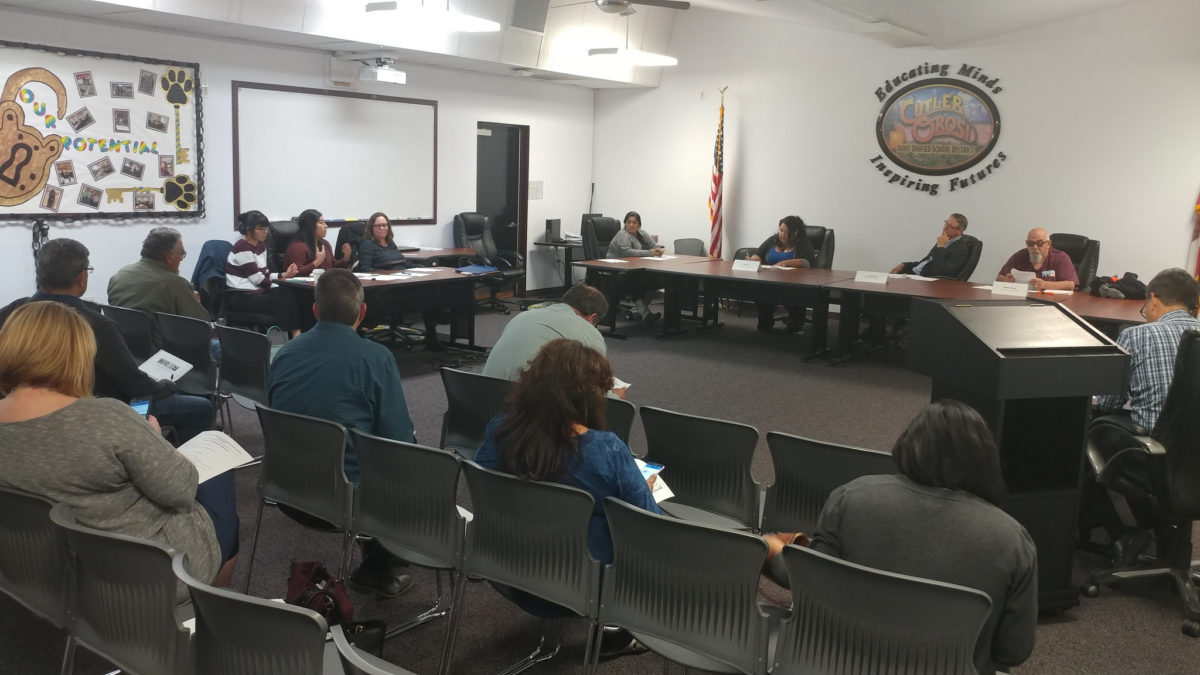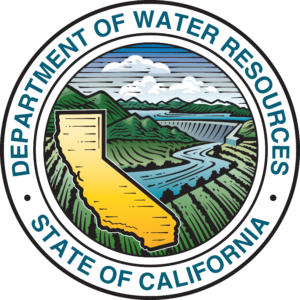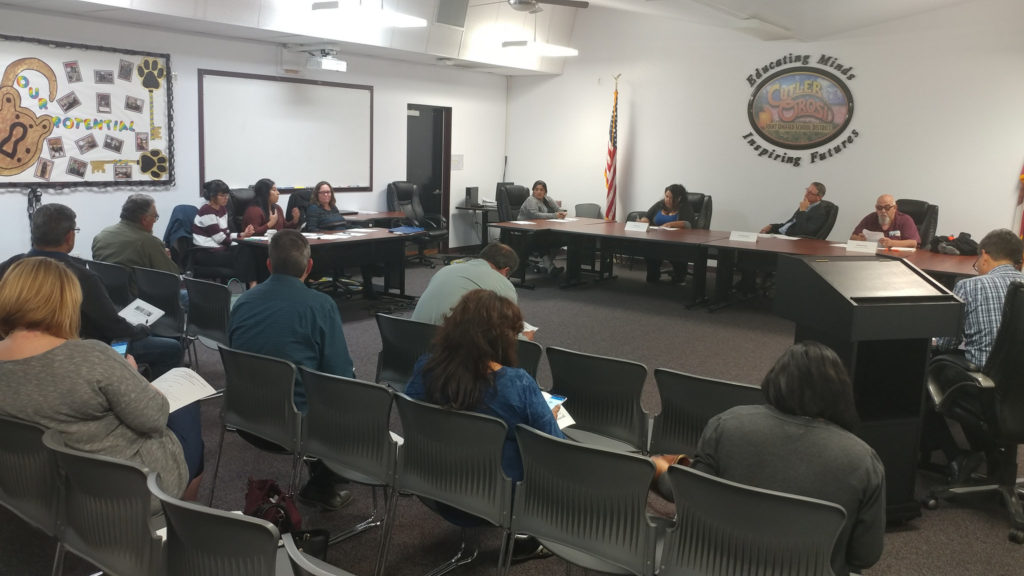
Groundwater Sustainability Agencies are the heart of SGMA implementation. They are the local public agencies tasked with developing and implementing Groundwater Sustainability Plans under SGMA. GSA can be formed by any local public agency, but are most commonly formed by water districts, irrigation and reclamation districts, cities, and counties.
SGMA defined new roles for local and state agencies
For local agencies, SGMA requires local groundwater pumpers to form Groundwater Sustainability Agencies (or GSAs) and to develop Groundwater Sustainability Plans to manage their groundwater basins. In order to effectively implement those plans, SGMA provides new tools and authorities including requiring registration of groundwater wells, measuring and limiting groundwater extractions, imposing fees for groundwater management, and enforcing the terms of a groundwater sustainability plan.
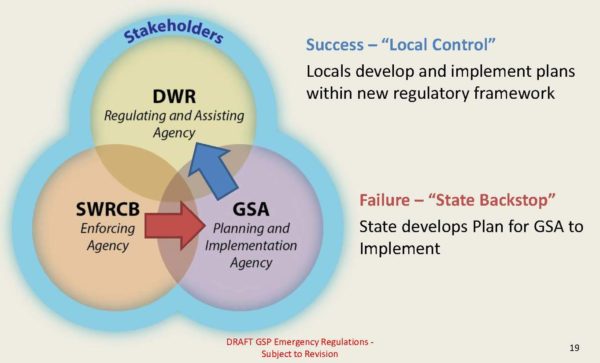 SGMA tasked the Department of Water Resources with developing regulations to revise groundwater basin boundaries; adopting regulations for evaluating and implementing Groundwater Sustainability Plans and coordination agreements; identifying basins subject to critical conditions of overdraft; identifying water available for groundwater replenishment; and publishing best management practices for the sustainable management of groundwater. DWR is also tasked with evaluating groundwater sustainability plans for adequacy.
SGMA tasked the Department of Water Resources with developing regulations to revise groundwater basin boundaries; adopting regulations for evaluating and implementing Groundwater Sustainability Plans and coordination agreements; identifying basins subject to critical conditions of overdraft; identifying water available for groundwater replenishment; and publishing best management practices for the sustainable management of groundwater. DWR is also tasked with evaluating groundwater sustainability plans for adequacy.
For enforcement purposes, the legislation allows for intervention by the State Water Board in instances where the groundwater sustainability agency does not complete a plan by the mandated deadline of 2020 or 2022; the plan is deemed inadequate by DWR and remains so after efforts to cure the deficiencies; or the plan is being implemented and simply does not work.
Learn more about agency roles under SGMA.
SGMA has substantial requirements for stakeholder outreach and engagement
SGMA requires GSAs to consider the interests of many beneficial users and uses of groundwater, including overlying groundwater rights holders (both agricultural users and domestic well owners), municipal well owners, public water systems, local land use planning agencies, environmental users of groundwater, surface water users, the federal government, Native American tribes, and disadvantaged communities (DACs).
Learn more about and access resources for stakeholder engagement.
Drinking water considerations under SGMA
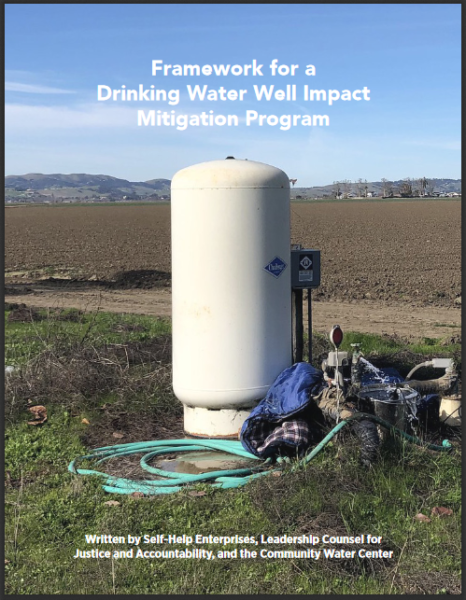 As GSAs decide how to bring their local groundwater basin into compliance with SGMA, they are required to consider all beneficial uses and users of groundwater. California law lists domestic use of water as the highest priority of use; but at the same time, those on shallow domestic wells and small community water systems are at the highest risk contamination and loss of water supply and many of those who depend on shallow domestic wells or small water systems cannot afford to deepen wells or treat their water.
As GSAs decide how to bring their local groundwater basin into compliance with SGMA, they are required to consider all beneficial uses and users of groundwater. California law lists domestic use of water as the highest priority of use; but at the same time, those on shallow domestic wells and small community water systems are at the highest risk contamination and loss of water supply and many of those who depend on shallow domestic wells or small water systems cannot afford to deepen wells or treat their water.
The purpose of this document is to be utilized by GSAs to mitigate, prevent, and address any adverse effects on drinking water wells caused by groundwater pumping volume or location, conjunctive management, or any other forms of active management as part of Groundwater Sustainability Plan (GSP) implementation. By doing so, GSAs can better achieve the goals of the Sustainable Groundwater Management Act (SGMA), avoid jeopardizing access to safe water in vulnerable communities, and also avoid violating California laws that establish a statewide Human Right to Water and that protect access to safe water. Adverse effects can include both issues with access to safe drinking water due to increased contamination, as well as issues with sustained access to water due to changes in groundwater levels.
Click here to download this framework.
Tools and authorities granted to GSAs
GSAs have significant authorities under SGMA to ensure that they, in concert with other GSAs operating within their groundwater basin, achieve sustainable groundwater management within 20 years of GSP implementation. GSA authorities include the ability to charge fees, require well registration and metering, limit extractions, and acquire land. GSAs will need to make important decisions about how they will engage all groundwater users GSP development, fund groundwater management in their basin and the projects, actions, management actions they will undertake to achieve sustainability and avoid state intervention.
Groundwater Sustainability Agencies are subject to the Brown Act
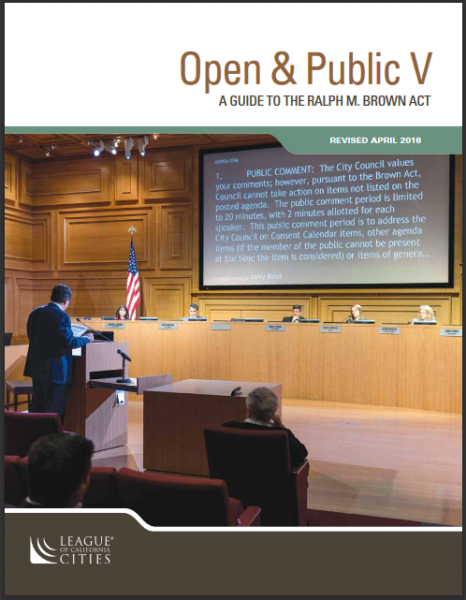 Groundwater Sustainability Agencies are public agencies that are subject to the Brown Act, the state law that governs public meetings of agencies.
Groundwater Sustainability Agencies are public agencies that are subject to the Brown Act, the state law that governs public meetings of agencies.
In enacting the Brown Act, the legislature stated in the initial section that “the Legislature finds and declares that the public commissions, boards and councils and the other public agencies in this State exist to aid in the conduct of the people’s business. It is the intent of the law that their actions be taken openly and that their deliberations be conducted openly.”
Simply put, all meetings shall be open and public except when the Brown Act authorizes otherwise. The Courts and the California Attorney General, recognizing that the express purpose of the Brown Act is to assure that local government agencies conduct the public’s business openly and publicly, usually broadly construe the Brown Act in favor of greater public access and narrowly construe exemptions to its general rules.
Learn more about the Brown Act in this guidebook from the League of California Cities.
SGMA gives the State Water Board authority to intervene to protect groundwater resources
If locals are unable or unwilling to sustainably manage their basin, the State Water Resources Control Board (State Water Board or Board) can step in to protect groundwater using a process called state intervention. State intervention is triggered by one of the following events:
-
-
- July 1, 2017: Entire basin is not covered by GSA(s) or Alternative
- Feb. 1, 2020: Basin is in critical overdraft and there is no plan or DWR fails plan
- Feb. 1, 2022: No plan or DWR determines plan is inadequate and basin is in long-term overdraft
- Feb. 1, 2025: DWR determines plan is inadequate and basin has significant surface water depletions
-
Learn more about State Water Board intervention.
DWR offers facilitation support and translation services
Sometimes GSAs need help with outreach among diverse stakeholders and local agencies. The Department of Water Resources offers professional facilitators to foster discussions among diverse water management interests and help GSAs work through challenging water management situations. DWR’s Written Translation Service is available to help GSAs, or other groups assisting in local SGMA implementation efforts, to communicate the groundwater planning activities with their non-English speaking constituents.
Information for municipal water suppliers
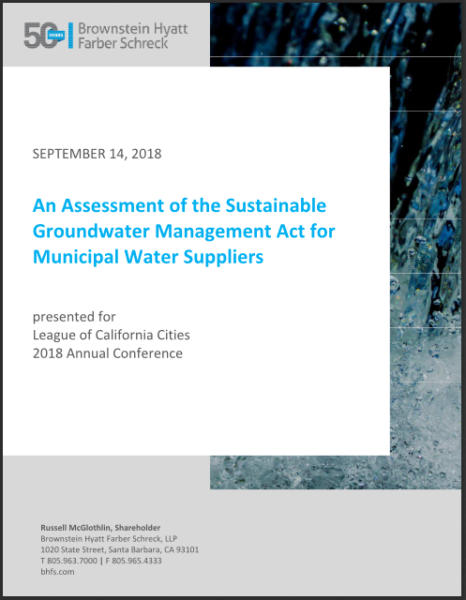 While the implementation of SGMA will bring about greater long-term groundwater supply reliability, to achieve sustainable management in basins experiencing pronounced overdraft conditions, either augmented recharge will be necessary or groundwater extractions will need to be reduced over time. This process will affect municipal water suppliers that rely on groundwater basins that are subject to SGMA. It is important that municipal water suppliers understand the requirements of SGMA, the potential impacts on their groundwater supplies, and the procedural and substantive options and strategies that should be considered throughout the process.
While the implementation of SGMA will bring about greater long-term groundwater supply reliability, to achieve sustainable management in basins experiencing pronounced overdraft conditions, either augmented recharge will be necessary or groundwater extractions will need to be reduced over time. This process will affect municipal water suppliers that rely on groundwater basins that are subject to SGMA. It is important that municipal water suppliers understand the requirements of SGMA, the potential impacts on their groundwater supplies, and the procedural and substantive options and strategies that should be considered throughout the process.
The Brownstein Hyatt law firm has prepared an assessment of SGMA for municipal water suppliers.
Fact sheets for Groundwater Sustainability Agencies
FACT SHEET: Resources for Groundwater Sustainability Agencies to Consider When Complying with the Sustainable Groundwater Management Act
This fact sheet offers summary information regarding how the state will regulate groundwater use if local management is found to be inadequate under the Sustainable Groundwater Management Act (SGMA).
FACT SHEET: Funding opportunities for Groundwater Sustainability Agencies
This fact sheet lists some funding opportunities for groundwater sustainability agencies (GSAs) and other organizations involved with the Sustainable Groundwater Management Act (SGMA).
FACT SHEET: Stakeholder Inclusion
This fact sheet offers suggestions regarding stakeholder inclusion and procedural transparency by groundwater sustainability agencies (GSAs).

